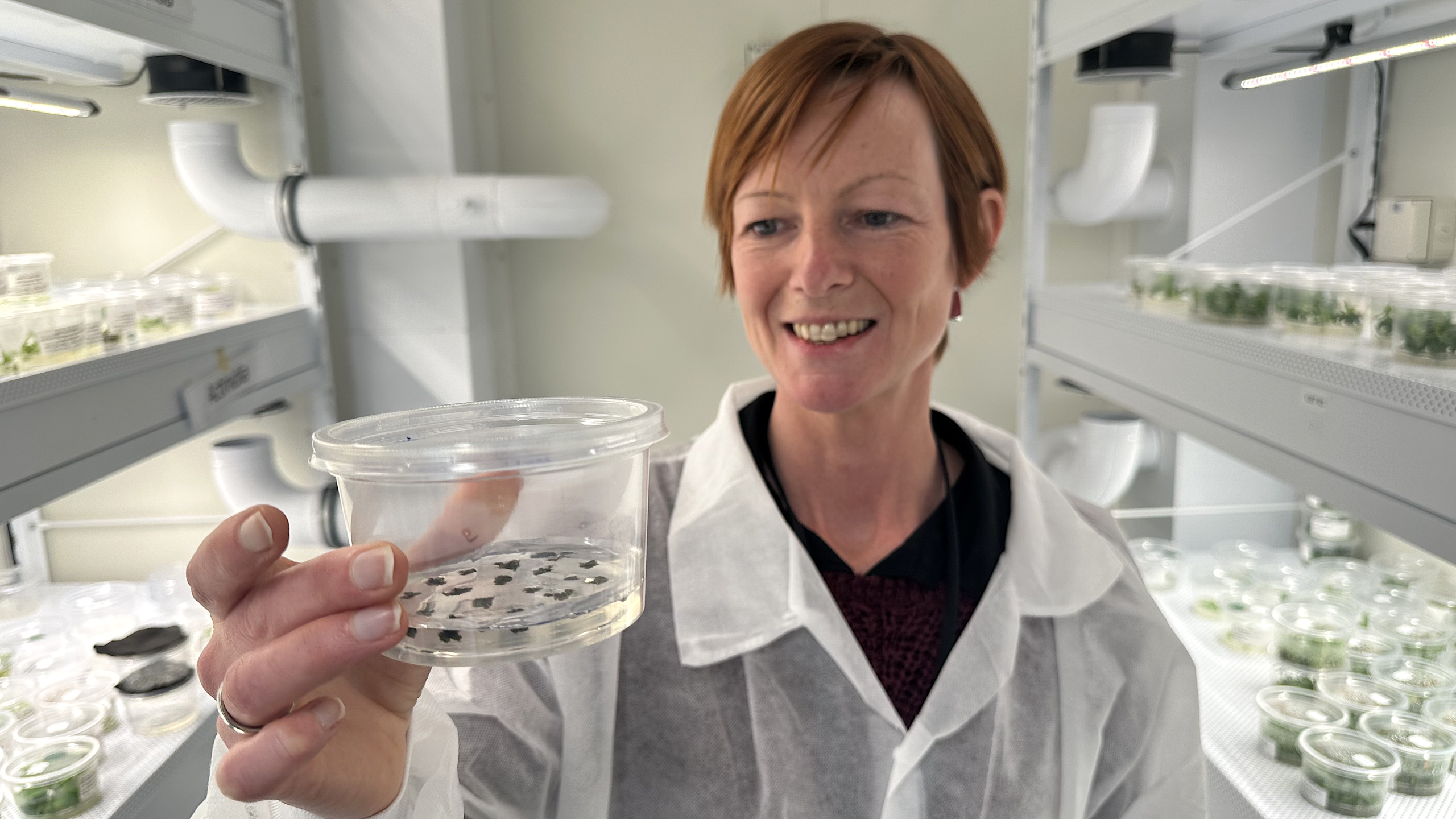Science
Scientists and Iwi Pursue Legal Personhood for Unique Moss

Government scientists in New Zealand, alongside Māori iwi, are spearheading a novel initiative aimed at commercializing the medicinal properties of an indigenous moss known as liverwort. This groundbreaking effort seeks to establish ownership and control of intellectual property rights associated with the plant, potentially granting the liverwort a form of legal personhood, similar to that recognized for the Whanganui River and Taranaki Maunga.
This proposal highlights the intersection of traditional Māori knowledge and modern scientific research. The liverwort, which has shown unique medicinal benefits, could become a significant asset for both indigenous communities and the broader New Zealand economy. By recognizing the plant as having its own legal status, proponents argue it would ensure that the intellectual property derived from its uses is safeguarded and that profits are equitably shared with Māori communities.
The initiative reflects a growing recognition of the value of traditional knowledge systems in contemporary science and industry. New Zealand’s Minister of Science has pledged support for the initiative, emphasizing the importance of protecting indigenous resources and knowledge. This aligns with global trends where indigenous rights and environmental sustainability are increasingly prioritized in scientific and commercial ventures.
“We are at a pivotal moment where traditional knowledge can directly contribute to modern science and business,”
said the Minister. This statement underscores the significance of collaboration between Māori groups and government scientists.
The process of establishing legal personhood for the liverwort would not only enhance the protection of its unique properties but also set a precedent for future initiatives involving other indigenous resources. If successful, this could lead to further recognition of indigenous flora and fauna in legal frameworks, potentially transforming how natural resources are managed in New Zealand.
The discussions surrounding the liverwort initiative reflect broader global conversations regarding intellectual property rights, particularly in the context of indigenous knowledge. As countries grapple with how to balance commercialization with ethical considerations, New Zealand’s approach may provide a model for others to follow.
As this initiative progresses, it will be essential to monitor how it develops and the impact it has on Māori communities and the scientific landscape in New Zealand. The collaboration between government scientists and iwi signals a shift towards more inclusive practices that honor indigenous knowledge while fostering innovation in medicine and beyond. The outcome of this groundbreaking proposal could ultimately redefine the relationship between traditional knowledge and modern science, paving the way for a more equitable future in the stewardship of natural resources.
-

 World1 week ago
World1 week agoPrivate Funeral Held for Dean Field and His Three Children
-

 Top Stories2 weeks ago
Top Stories2 weeks agoFuneral Planned for Field Siblings After Tragic House Fire
-

 Sports3 months ago
Sports3 months agoNetball New Zealand Stands Down Dame Noeline Taurua for Series
-

 Entertainment3 months ago
Entertainment3 months agoTributes Pour In for Lachlan Rofe, Reality Star, Dead at 47
-

 Entertainment2 months ago
Entertainment2 months agoNew ‘Maverick’ Chaser Joins Beat the Chasers Season Finale
-

 Sports3 months ago
Sports3 months agoSilver Ferns Legend Laura Langman Criticizes Team’s Attitude
-

 Sports1 month ago
Sports1 month agoEli Katoa Rushed to Hospital After Sideline Incident During Match
-

 World2 weeks ago
World2 weeks agoInvestigation Underway in Tragic Sanson House Fire Involving Family
-

 Politics2 months ago
Politics2 months agoNetball NZ Calls for Respect Amid Dame Taurua’s Standoff
-

 Top Stories2 weeks ago
Top Stories2 weeks agoShock and Grief Follow Tragic Family Deaths in New Zealand
-

 Entertainment3 months ago
Entertainment3 months agoKhloe Kardashian Embraces Innovative Stem Cell Therapy in Mexico
-

 World4 months ago
World4 months agoPolice Arrest Multiple Individuals During Funeral for Zain Taikato-Fox
















